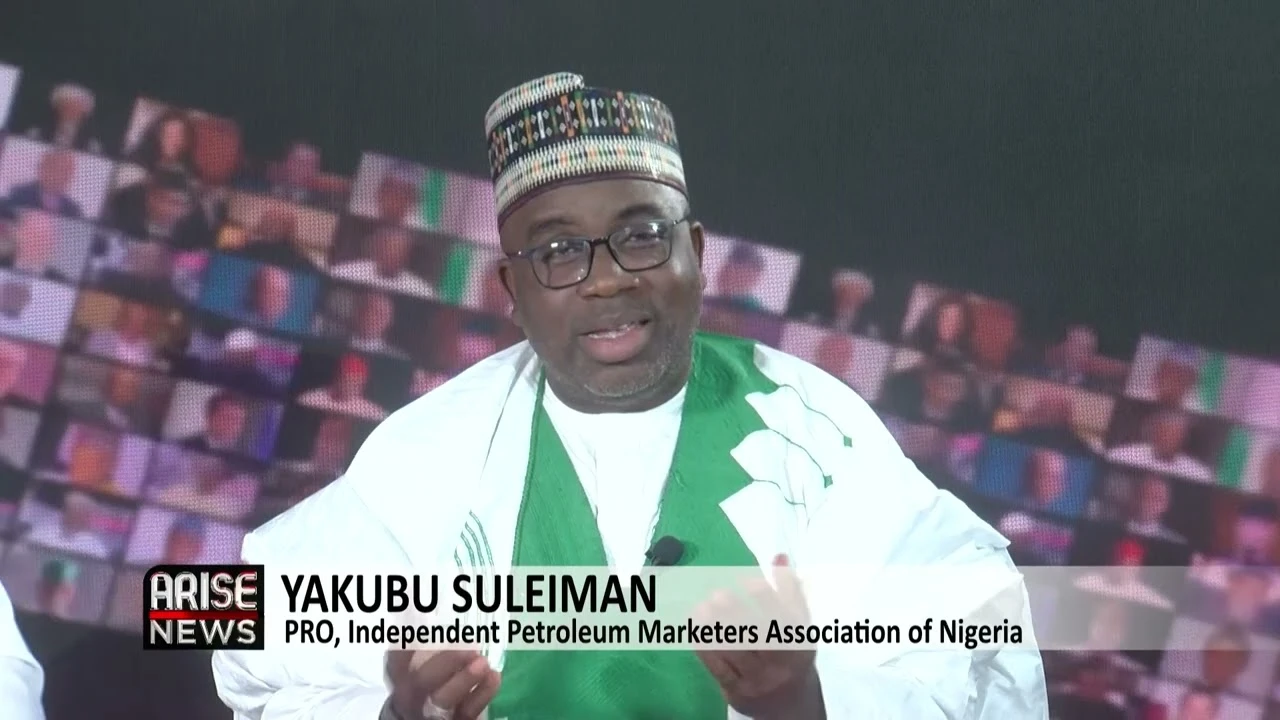Dangote counters IPMAN's claims on fuel prices and quality, urging transparent collaboration. IPMAN pushes for direct sales to cut costs and ensure affordable access.

In response to recent allegations from the Independent Petroleum Marketers Association of Nigeria (IPMAN) and the Petroleum Retail Outlets Owners Association of Nigeria (PETROAN) concerning fuel pricing and quality, Dangote Group released a detailed press statement.
The response highlights the company’s commitment to quality and competitive pricing, pushing back against claims that imported fuel products are cheaper than those produced by the Dangote Refinery. According to Dangote, claims of lower-priced PMS imports likely involve substandard products that could harm vehicle longevity and compromise public health.
Competitive Pricing and the Call for Direct Sales
Dangote Refinery asserts that its pricing aligns with international benchmarks, stating that it has even reduced prices slightly below NNPC's rates. However, IPMAN members, such as Yakubu Suleiman, the association’s national assistant secretary, argue that high logistics and depot costs have made Dangote’s fuel prices prohibitive.
Speaking on Arise Television, Suleiman emphasized that IPMAN members are duty-bound to prioritize affordability, choosing depots with lower fuel prices to ensure they can turn a profit while providing affordable fuel to Nigerians.
In light of this, Suleiman voiced the association's frustration with the lack of direct engagement from Dangote Refinery. According to Suleiman, the refinery has yet to establish a direct sales structure for IPMAN, instead relying on intermediaries like the NNPCL. He argues that if Dangote could sell directly to IPMAN at fair, transparent prices, it would mitigate rising logistical costs and bring down retail prices at the pump.
Quality Standards and Importation Concerns
The Dangote Group highlighted quality concerns, suggesting that cheaper imported fuel may not meet the same standards as their own refined PMS. Dangote’s statement alleged that some international traders use Nigerian depot facilities to blend lower-quality products before introducing them into the market, and these products could be damaging to public health.
However, IPMAN members have countered this view, urging Dangote to focus on pricing transparency and logistics support rather than questioning the quality of imports.
Market Reactions and Stakeholder Engagement
The situation has drawn mixed reactions across social media, with Nigerians debating Dangote’s approach to fuel supply in the country. Many commenters on X (formerly Twitter) expressed frustration with the refinery’s pricing model, arguing that it contradicts the purpose of having a local refinery intended to lower the country’s fuel dependence on imports. Others suggested that Dangote should open multiple distribution points and increase transparency in pricing.
Twitter Reactions
Ayomitide (@OracleAyo): “We will buy wherever it’s cheaper. The rest is your wahala.”
Adekunle Gbadamosi (@KunleGbadamosi1): “Finally Dangote speaks. Let’s do the calculations!”
C in C (@Charleschidube): “Nigeria would never benefit from anything in this country.”
Dasuki I. A. (@dsk2060): “Why hasn't the Dangote Group opened branches around the country? Why not delivery trucks like for cement and sugar? Or filling stations?”
IPMAN’s Call for a Stakeholders’ Meeting
One of IPMAN’s primary calls has been for Dangote Refinery to convene a stakeholders’ meeting, including major players like the Major Oil Marketers Association of Nigeria (MOMAN) and the Depot and Petroleum Products Marketers Association of Nigeria (DAPMAN).
Suleiman argued that direct engagement between Dangote and key stakeholders would allow for collaboration aimed at reducing fuel prices for the Nigerian public.
Conclusion
The Dangote Group’s recent statement shows an open commitment to providing Nigerians with locally refined PMS. However, IPMAN’s stance highlights significant gaps in the supply chain, pushing for practical measures that address logistical barriers and prioritize direct access for independent marketers.
This ongoing debate is necessary for transparency and industry-wide collaboration to meet Nigeria’s domestic fuel demand. Whether Dangote Refinery can find common ground with IPMAN remains to be seen, but IPMAN's call for streamlined access and transparent pricing has become increasingly urgent.

